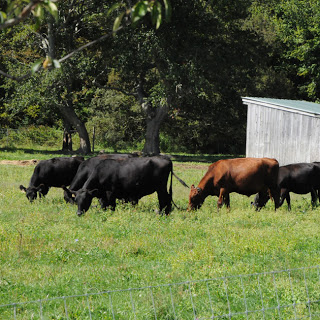Pigments in Shopping Bags May Contain Lead, But Overall Compliance with State Laws Improving

In a recent study, the Toxics in Packaging Clearinghouse found that vibrant solid-colored shopping bags are still at risk for containing high concentrations of lead in violation of state toxics in packaging laws. The Toxics in Packaging Clearinghouse screened 125 single-use shopping and mailing bags for the presence of lead, cadmium, mercury and hexavalent chromium in the inks used to print or color the bags. These toxic metals are regulated in packaging by nineteen U.S. states.
Only three bags failed the screening test for lead, however, each of the failing samples contained about 1% lead by weight of the bag. "This means that for every 100 pounds of these shopping bags, we're introducing about 1 pound of lead into commerce," according to Dr. Alex Stone of the State of Washington, Department of Ecology. "These bags ultimately end up in our incinerators, landfills, or recycling streams. Lead is considered a persistent, bio-accumulative toxin. It's a metal and isn't destroyed,…
Farm Compost Marketing in Rhode Island and New Hampshire
To help expand and support compost markets in the Northeast, NERC was awarded a grant from the Northeast Sustainable Agriculture Research and Education (SARE) program. Resources developed by NERC for the project, as well as presentations from seven compost marketing workshops, are posted on NERC's Compost Marketing web page.
Recent site visits were made to a farm compost operation in Rhode Island and one in New Hampshire.
Aquidneck Farms
Aquidneck Farms raises grass-fed beef and pastured poultry on conservation land overlooking the scenic Sakonnet River in Portsmouth, Rhode Island. Aquidneck Farms manages close to 400 acres of prime agricultural land. The Farm's 125 head herd is a mix of pure Angus and an Angus/Hereford cross. The Farm also produces its own hay and grass silage to feed its animals. Aquidneck Farms grass-fed beef products are available at local farmer's markets, in specialty stores and restaurants, as well as directly off the farm.

Steel Recycling 101
Today's Guest Blog is by Casey Fenton, Communications Assistant for the Steel Recycling Institute.
 As long as steel has been around, steel has been recycled. Melting down scrap metal to process into new material to create useful products has always been a vital part of steel's life cycle. The creation of a vast recycling infrastructure was essential to grow and expand as the nation grew. The essential need of steel scrap continued to push sustainable advances of steel along with positioning the material as North America's #1 most recycled material.
As long as steel has been around, steel has been recycled. Melting down scrap metal to process into new material to create useful products has always been a vital part of steel's life cycle. The creation of a vast recycling infrastructure was essential to grow and expand as the nation grew. The essential need of steel scrap continued to push sustainable advances of steel along with positioning the material as North America's #1 most recycled material.
More steel is recycled each year than paper, plastic, aluminum and glass combined. Steel has an overall recycling rate of 92% (2011) and over 90 million tons of steel are recycled annually. While many industries attempt to promote themselves as "being green", steel has no need since they already have been for so long. With increased innovation they have been able to recycle more, increasing the overall steel recycling…

